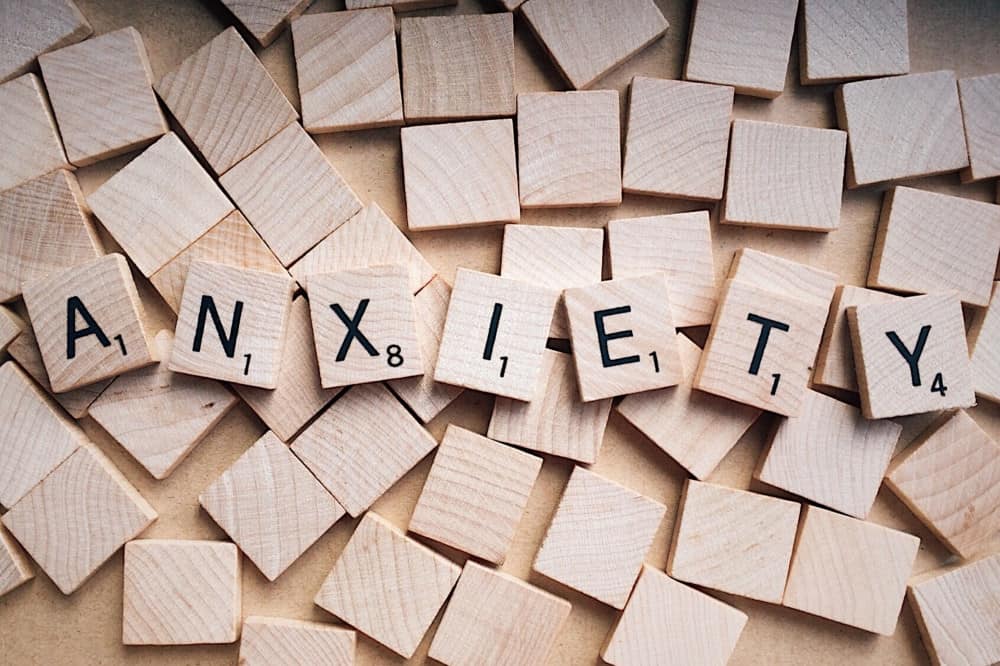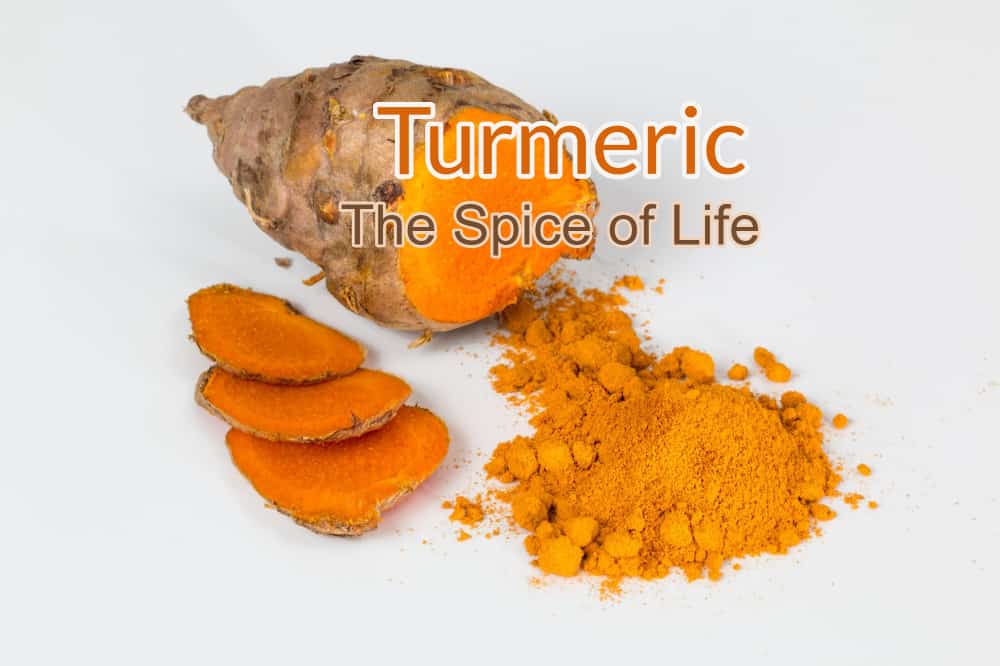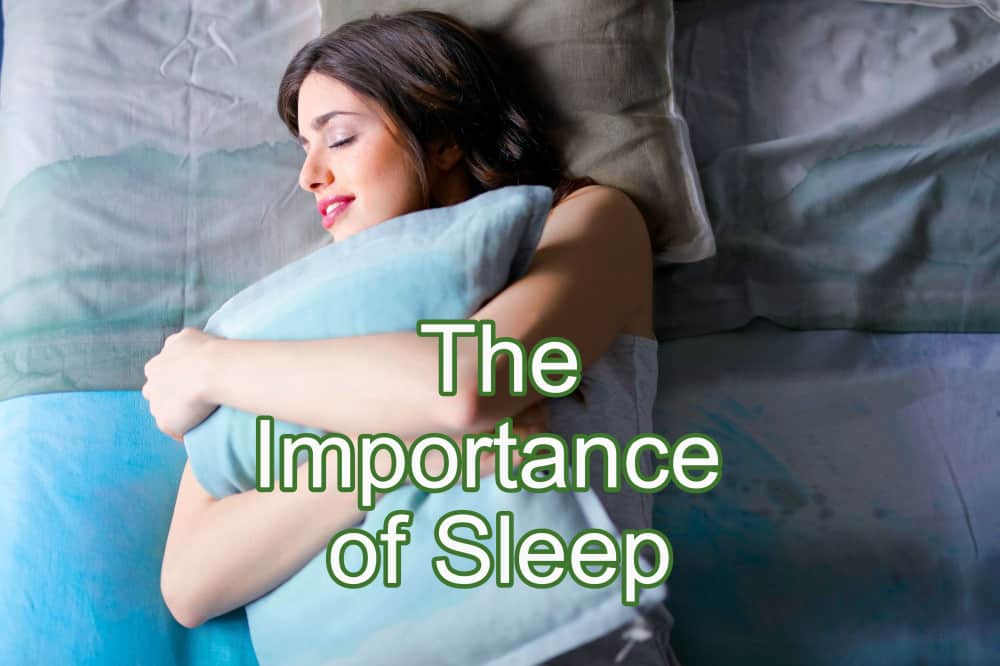Latest research indicates there's a strong connection between your gut health and mental health such as anxiety and depression. Are you experiencing uncomfortable and at times, even debilitating feelings of anxiety? It is estimated that 45% of Australians suffer from mental health problems such as anxiety or depression, and that number is estimated to be 284 million globally. That's a lot of people! Despite anxiety being highly treatable, not everyone receives the correct treatment and studies confirm that there is a global treatment gap in the effective analysis and treatment of anxiety (1).
Anxiety interferes with how we go through our day, at work, home and socially. Its impact can be sapping on our emotional and physical energy and make us feel miserable and out of control. It has a major impact on our enjoyment of life and can in some cases lead to depression.
If you're an anxiety sufferer, it's important to realise that it is not necessary to continue suffering this way. There are answers and solutions to your specific underlying causes of anxiety.
In this article, I’m going to tell you, based on the latest research, about the strong connection between your gut health and mental health such as anxiety and depression.
There is a two-way communication between our gut and brain, called the gut-brain axis, where the microbiome (your gut bacterial population) in our gut influences our mental health, and our emotional state has an impact on our gut bacteria 2.
How does this connection work?
Well, let’s just first make sure we all understand the main function of the intestinal barrier (or gut lining). It regulates and absorbs nutrients, electrolytes and water from what is inside the intestinal cavity (food and drink) whilst preventing the entry of pathogens, toxins and food molecules into the circulation (6).
The Neurotransmitters:
Neurotransmitters are the chemicals that are produced in our brains as well as the gut. In fact, more serotonin (90-95%!)4 is produced in the gut than in the brain. The role of these neurotransmitters, such as serotonin, GABA and dopamine, is to help us feel calm, positive, motivated, energetic and happy. Serotonin, specifically, is responsible to help us feel happy, positive and calm and is released by the enterochromaffin cells in the mucosa of the small intestine (4). However, the serotonin levels produced by these cells can be compromised and drop if there is a chronic low-grade inflammation of the gut lining. This can develop from over-exposure to food allergens, pathogens, such as bacteria, parasites or fungal infections, stress and chemicals/toxins.
The role of Inflammation:
Inflammation of the digestive tract places stress on the microbiome through the release of inflammatory cells called cytokines. A recent study established a direct correlation between increased levels of different cytokines, IL-6 and TNF-a, with symptoms of depression and anxiety, indicating that pro-inflammatory (in other words leading to inflammation) cytokines play a role in the development of anxiety and depression (2). This leads to reduced intestinal permeability, also called leaky gut, which underpins the chronic low-grade inflammation observed in disorders such as depression (6). If your gut is not producing sufficient levels of serotonin, it leads to feelings of anxiety, depression and a lack of motivation.
The other interesting link between gut and mental health is the role of the gut bacteria. In relation to the gut-brain axis, the gut bacteria play the following important roles:
1. Development and maintenance of the intestinal barrier (gut lining) (6).
2. Required for the normal development of the hypothalamic-pituitary-adrenal (HPA) axis
3. A gut with a rich, diverse and healthy population of bacteria plays a role in reducing the inflammation that is associated with mental health disorders (2).
4. The gut bacteria communicate directly with the brain and is, therefore, demonstrating unique functions associated with mood, behaviour and cognitive health (3). This function is currently being extensively explored in research studies and I’m sure more interesting information will be available on that soon.
5. A broad diversity of bacteria in our gut, some of these, such as Bifidobacterium and Lactobacillus we have already been reading a lot of, have been reported to produce GABA, our calming neurotransmitter (2,4). Gut bacteria also play a role in helping the gut to produce serotonin.
Therefore, a depleted microbial biodiversity is likely to contribute to the increase in chronic inflammatory disorders and play a role in the development or worsening of depression, anxiety and other mental health disorders (6).
Key take-away: The health of your intestinal mucous lining as well as the health and status of your microbiome significantly impacts how you feel and respond emotionally and mentally.
Impact of our diet:
Our diet has a major impact on our gut bacteria. A high sugar or carbohydrate diet feeds the ‘bad’ bacteria, which causes them to overgrow leading to dysbiosis. This key relationship between the gut microbiota and our diet continues throughout life. Diet alterations can have a significant impact on the gut bacterial composition in as little as 24 hours (2).
Research indicates that diets consisting of fast food and processed food have been associated with increased intestinal permeability and depressive symptoms (7) (Sánchez-Villegas et al., 2012). On the other hand, diets rich in vegetables, fruit and fish are associated with a reduction in depressive symptoms (6).
Dysbiosis:
Dysbiosis is an imbalance in your gut bacterial community – too many bad bacteria/pathogens and too little friendly, good ones and it is one of the causes of a leaky gut. As mentioned earlier, a leaky gut causes food molecules/bacteria/toxins to leak into your blood circulation. These molecules/bacteria/toxins are foreign to your immune cells in your blood stream and an immune reaction and inflammation develops. As this continues and progresses into a chronic inflammation our immune system becomes overstimulated and this is where autoimmune disease can develop in some cases. Leaky gut therefore leads to detrimental effects on your immune system as well as emotional and mental health disorders such as anxiety, depression and autism (2).
How can gut health be investigated and treated?
The history of your health and the type of exposures you had during your lifetime will give valuable insight into your gut health to determine if it has been compromised and what type of treatment strategies will be most suitable for you. A Comprehensive Stool Analysis will also give more insight into the status of your microbiome, if there is a possibility of leaky gut, inflammation or infection.
Here is a list of the type of exposures now and in your past, that can lead to inflammation, dysbiosis and a leaky gut:
- Born via Caesarean section
- Not being breastfed as an infant
- Frequent antibiotic use, especially in childhood
- Gut infections such as parasite/bacteria/viral
- High-stress levels for long periods
- High intake of sugar, alcohol, refined carbohydrates or processed foods
- Taking chronic prescription medication such as antidepressants, statins
- Frequent use of antacids
- Food allergies/sensitivities
Exposure to any one of these can increase your risk of poor gut health.
The role of probiotics:
Probiotics, which can also be called “psychobiotics” in this case, can help restore normal microbial balance and help modulate the brain-gut-microbiota axis6. This can have a beneficial effect on mood, anxiety and cognition and therefore have a potential role in the treatment and prevention of anxiety and depression. There is also strong evidence on the beneficial impact of fermented foods on our microbial biodiversity and balancing our intestinal barrier function.
Specific strains of Bifidobacterium and Lactobacillus are important parts of our microbiome and can significantly improve the balance of bacteria in the gut as well as being key in producing gammaAminobutyric acid (GABA), the inhibitory neurotransmitter that helps us feel calm (2,4).
While probiotics can form an essential part of a treatment protocol when treating mental health, as well as generally supporting gut health, it is important to consider other factors in your case that can contribute to your anxiety. If you have had the exposures mentioned above, then these exposures need to be assessed and treated.
Please read my Leaky Gut article for more information.

Other factors contributing to anxiety:
There are other factors that can trigger or contribute to anxiety that needs to be considered when doing a holistic evaluation. These can be nutritional deficiencies such as a magnesium, zinc or vitamin B3 deficiency, hormonal imbalance, poor lifestyle choices such as lack of sleep, work or relationship stress and reduced release of neurotransmitters due to methylation issues.
In conclusion:
To conclude, anxiety is a multifaceted condition that needs to be thoroughly evaluated so that the imbalances or deficiencies can be addressed. By focussing treatment to improve the gut-brain axis health, the anxiety can be either fully resolved or much better controlled which will drastically improve quality of life. The increase in awareness and research into the link between gut health and emotional health gives us so much more tools to work with in order to resolve the condition and establish optimal health.
To learn more, or to book an appointment with me please visit my website at www.naturalhealth.net.au. I offer comprehensive evaluation and analysis, as well as functional pathology tests, to provide you with information about your current gut health and offer workable and practical strategies and treatments to improve gut health.
References:
1. Jordi Alonso, Zhaorui Liu, […], and Graham Thornicroft, March 2018, “Treatment Gap for Anxiety Disorders is Global: Results of the World Mental Health Surveys in 21 countries”, HHS Public Access, 35(3): 195–208.
2. Clapp M, Aurora N, Herrera L, Bhatia M, Wilen E, Wakefield S. “Gut microbiota’s effect on mental health: The gut-brain axis”. Clin Pract. 2017;7(4):987. Published 2017 Sep 15. doi:10.4081/cp.2017.987.
3. Mittal R, Debs LH, Patel AP, et al. “Neurotransmitters: The Critical Modulators Regulating Gut-Brain Axis”. J Cell Physiol. 2017;232(9):2359–2372. doi:10.1002/jcp.25518.
4. Strandwitz P. “Neurotransmitter modulation by the gut microbiota”. Brain Res. 2018;1693(Pt B):128–133. doi:10.1016/j.brainres.2018.03.015.
5. University of California- Los Angeles, Sep 2019, “Study shows how serotonin and a popular anti-depressant affect the gut’s microbiota”.
6. Kelly JR, Kennedy PJ, Cryan JF, Dinan TG, Clarke G, Hyland NP. “Breaking down the barriers: the gut microbiome, intestinal permeability and stress-related psychiatric disorders”. Front Cell Neurosci. 2015; 9:392. Published 2015 Oct 14. doi:10.3389/fncel.2015.00392.






